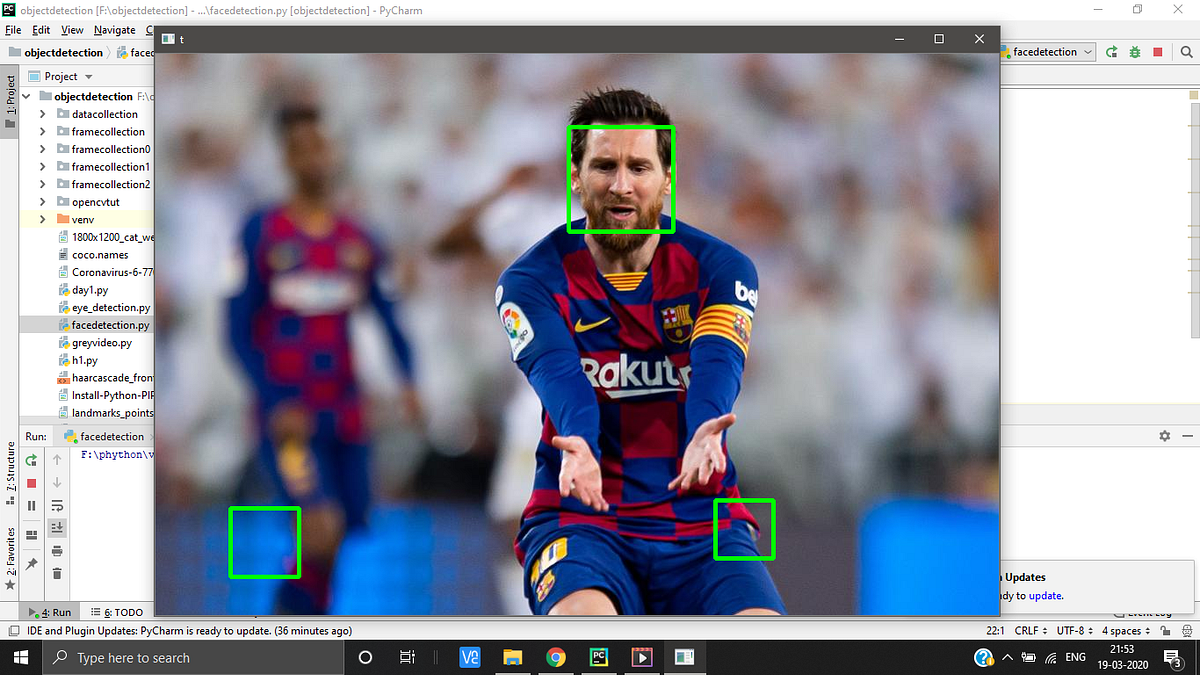
- Select a language for the TTS:
- UK English Female
- UK English Male
- US English Female
- US English Male
- Australian Female
- Australian Male
- Language selected: (auto detect) - EN
Play all audios:
Corcoran hopes to help an estimated 11 million family caregivers for those with Alzheimer’s dementia better understand the symptoms of agitation so common with the disease. Along with
sharing her family’s personal experiences a dozen years after her mother’s death from the disease, Corcoran has become the paid spokeswoman for the “I Wish I Knew” national public education
campaign launched last week by two global health care and pharmaceutical companies in collaboration with Corcoran. “It takes some time, believe it or not, after you lose a loved one to
Alzheimer’s, to really simmer down. That’s the best word for it, simmer down,” she says, explaining why it took more than a decade since her mother’s death to talk about her family’s
caregiving experiences. The RecognizeAlzheimersAgitation website has more specific information regarding agitation from Alzheimer’s. According to the National Institute on Aging, Alzheimer’s
disease is a brain disorder that slowly destroys memory and thinking skills before impeding an individual’s ability to continue with normal daily life. Symptoms often first appear in the
mid-60s. Some estimates suggest that more than 6 million Americans (mostly 65 or older) may have the disease. Onset can occur from age-related brain changes. The National Institutes of
Health says causes probably include a mix of these brain changes with genetic, environmental and lifestyle factors. Corcoran, an entrepreneur who founded her real estate company, the
Corcoran Group, in 1973 and sold it in 2001 for $66 million, is instantly recognizable because of her own branding as an investment guru, podcaster, TV personality and author. She says the
fear of being diagnosed with the memory-related disease that so gripped her family has been a constant through her life. Courtesy of Barbara Corcoran Barbara Corcoran with her mother,
Florence. “Truthfully, I thought I had Alzheimer’s every day of my life. I looked for signs,” she says. “I did exactly what a lot of people do. I refused to confront it. I figured it might
go away. You know, if I had it, it might go away if I just ignore it and keep going on. But that’s not how dementia works.” This year before she turned 75, around the age her mother was when
she was diagnosed, Corcoran went to a doctor for a battery of tests for Alzheimer’s. “He gave me a clean bill of health, and I even left there half-believing him,” she says. “I just
couldn’t trust a positive result, because I had spent so many years being afraid.” The Alzheimer’s doctor told her to leave her worries with him and come back in a year for another round of
tests. That gesture, she says, was freeing.







